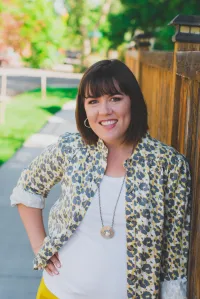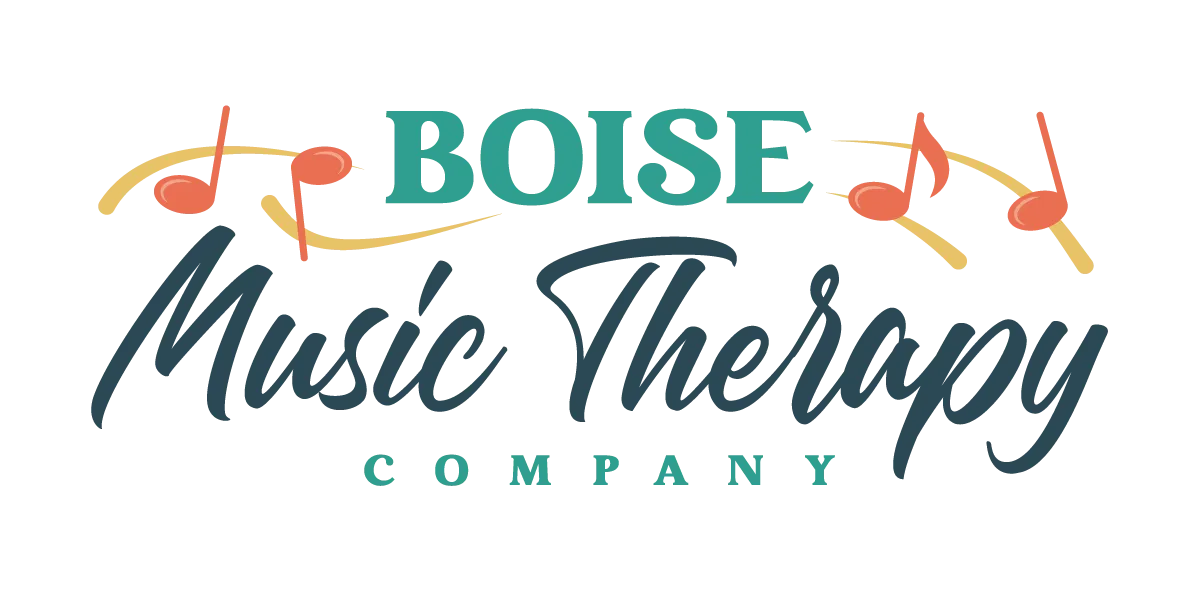Harmony in
Neurodiversity
THE BLOG
Welcome to Harmony in Neurodiversity, a blog dedicated to exploring the profound impact of music and positive parenting strategies on the lives of neurodivergent individuals. Join Samantha, a board-certified Neurologic Music Therapy fellow and a passionate Positive Discipline Parent Educator, as she shares her expertise in leveraging the power of music and effective parenting approaches to support and empower neurodiverse communities.
In her blog posts, Samantha delves into the intricate connections between music and the brain. She explores how specific musical elements and interventions can enhance cognitive functions, regulate emotions, improve communication, and promote social interaction among neurodivergent individuals. Through insightful articles and case studies, she demonstrates how rhythm, melody, and lyrics can serve as powerful tools for therapeutic interventions, fostering growth and self-expression.
Positive Discipline Parenting Strategies:
Drawing from her expertise as a Positive Discipline Parent Educator, Samantha sheds light on nurturing positive relationships between parents and neurodivergent children. Her blog offers practical advice, evidence-based strategies, and real-life anecdotes that empower parents and caregivers to cultivate respectful, encouraging, and effective parenting techniques. From setting clear boundaries to fostering a supportive environment, Samantha guides readers in navigating the challenges and joys of parenting neurodiverse children.
Exploring Intersectionality:
Samantha doesn't limit her discussions to singular approaches. Instead, she delves into the intersectionality of Neurologic Music Therapy and Positive Discipline Parenting, illustrating how these methodologies complement each other. Through her insightful content, she showcases how the harmonious integration of music-based interventions and positive parenting strategies can create holistic support systems for neurodivergent individuals, promoting their well-being and personal growth.
Community Engagement and Resources:
Additionally, Samantha fosters a vibrant online community where readers can engage, share experiences, and seek advice. She curates a wealth of resources, including recommended readings, workshops, and practical tools, empowering her audience to implement valuable insights into their lives effectively.

Advocating for Your Child At School Even When It Feels Hard
IEP meetings can be so overwhelming, especially when the strategies you came up with in the last meeting aren’t working, or the IEP isn’t being implemented the way it’s supposed to be.
It can be draining to continually advocate for your child when you don’t know the answer, you’re introverted, non-confrontational, or just plain exhausted.
But your voice matters.
In episode 102 of the Every Brain is Different podcast, Gail Ewell, founder of Hope Technology School, shared how she had to push herself to speak up for her kids' needs. “I had to learn how to advocate and not be afraid to ask,” she said. “Sometimes we are. It's hard to ask professionals that you feel like you don't.”
So, how do you advocate even when it feels uncomfortable?
Here are a few practical strategies that came up in the conversation:
Start by asking questions. You don’t need to have all the answers, just be willing to start the conversation.
Bring the team together. That includes teachers, school staff, and your child’s outside therapists (like occupational therapists and speech-language pathologists). Share what’s working in private therapy and ask if it can be used at school.
Build relationships, not battles. Focus on collaboration, not confrontation. A respectful partnership can go a long way in getting what your child needs.
Understand the school's limitations. Many educators want to help but may lack training or resources. Framing your requests as solutions, not demands, often leads to better outcomes.
Don’t be afraid to push when necessary. Some schools are more receptive than others. If you know something will help your child, keep asking, even if it takes multiple conversations.
Include your requests in the IEP. If it’s not written down, it’s less likely to happen. Inclusion goals, visual supports, and classroom strategies should all be documented.
You don’t have to be the loudest person in the room to be a strong advocate. You just have to show up, speak up, and keep going, even when it’s hard.
To hear more inclusion strategies with Gail Ewel, check out episode 102 of the Every Brain is Different podcast.


